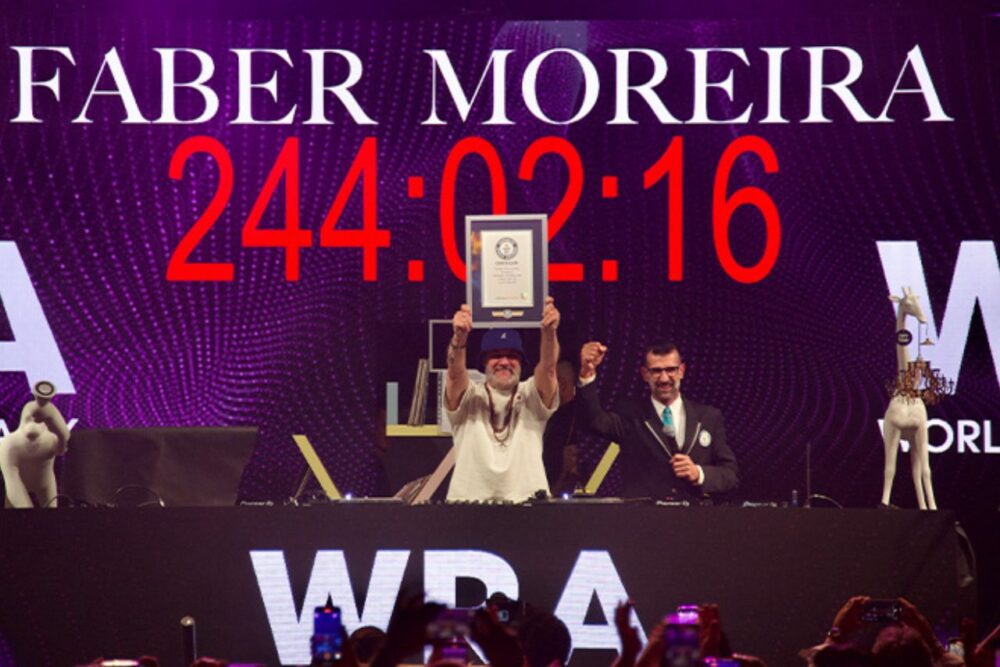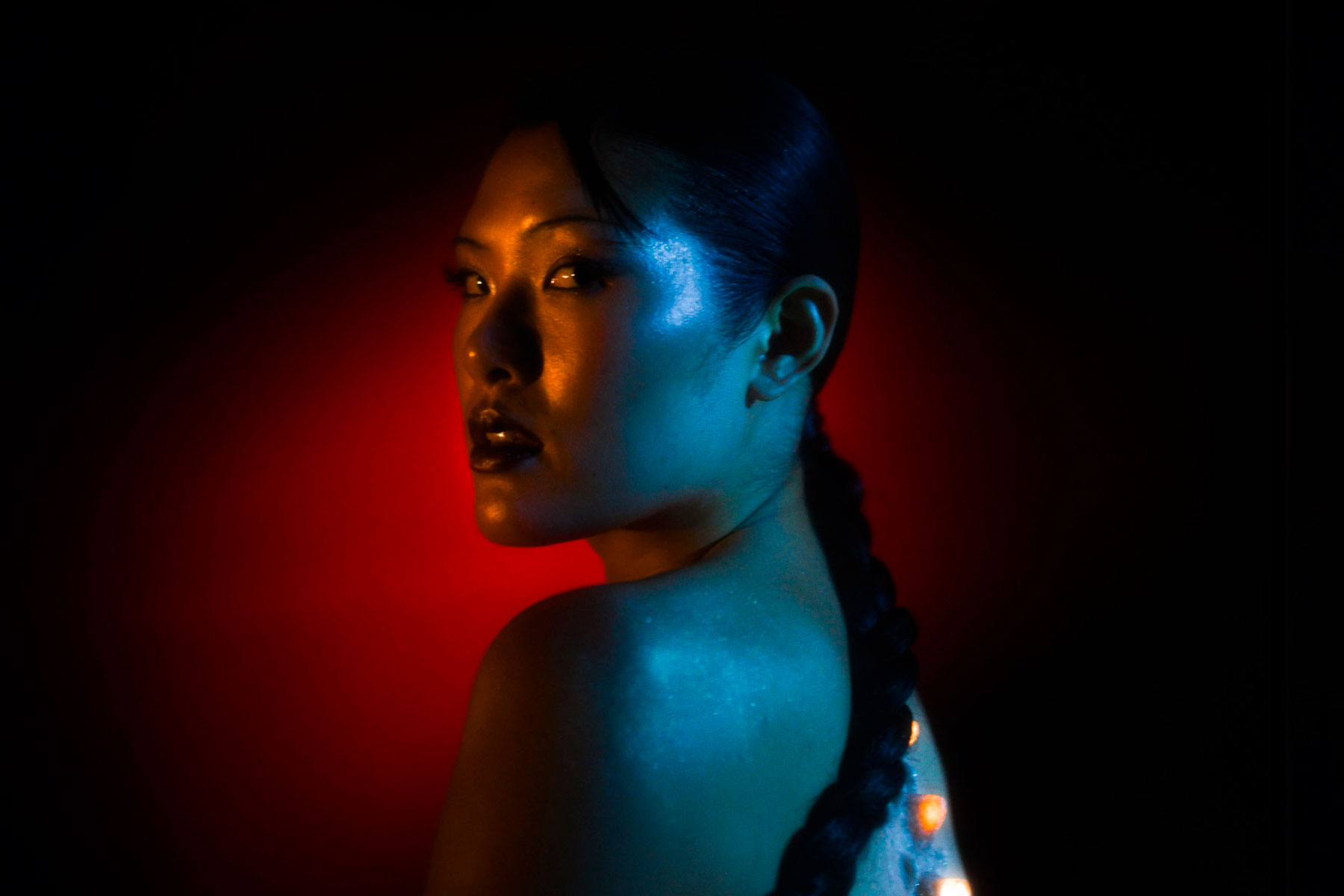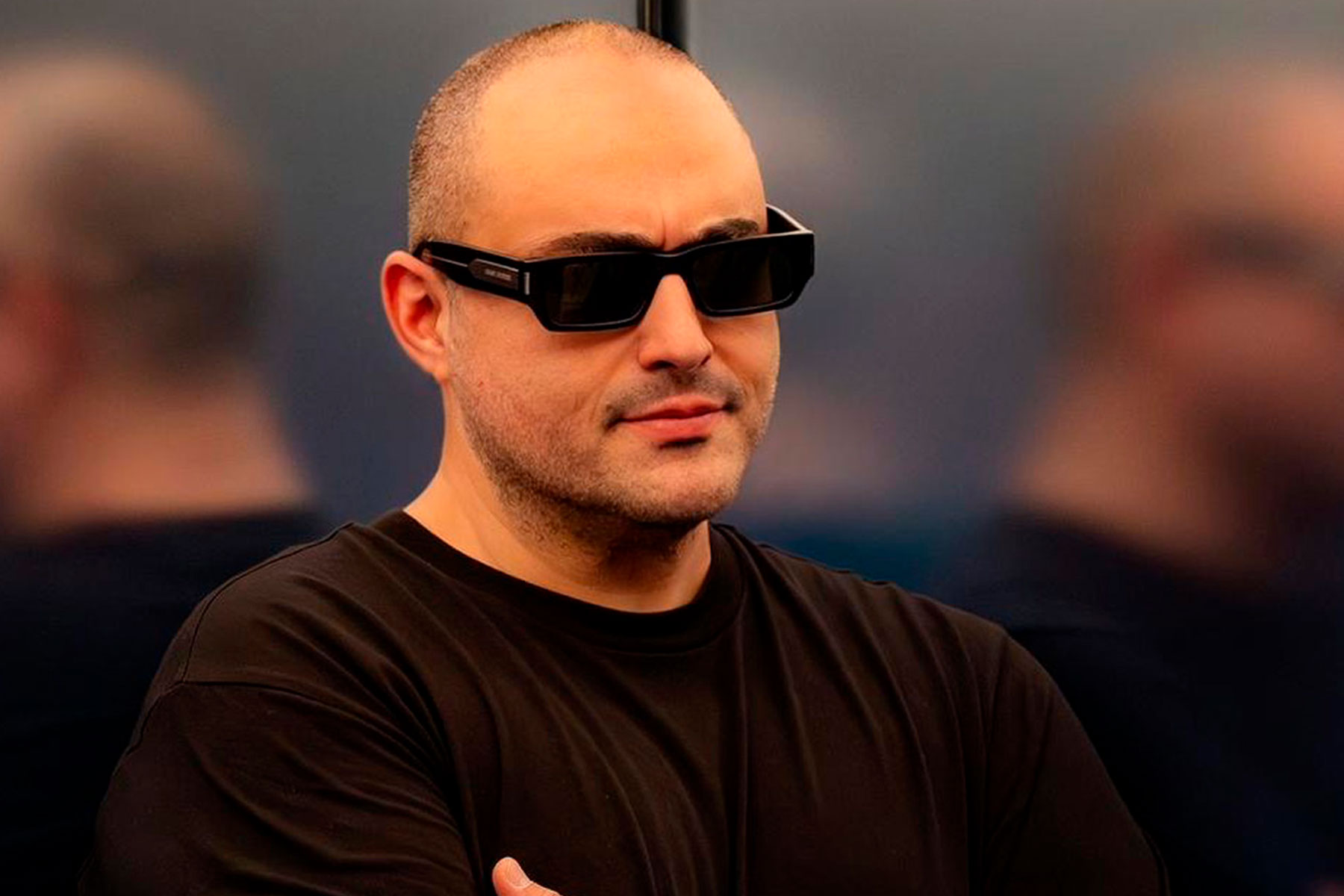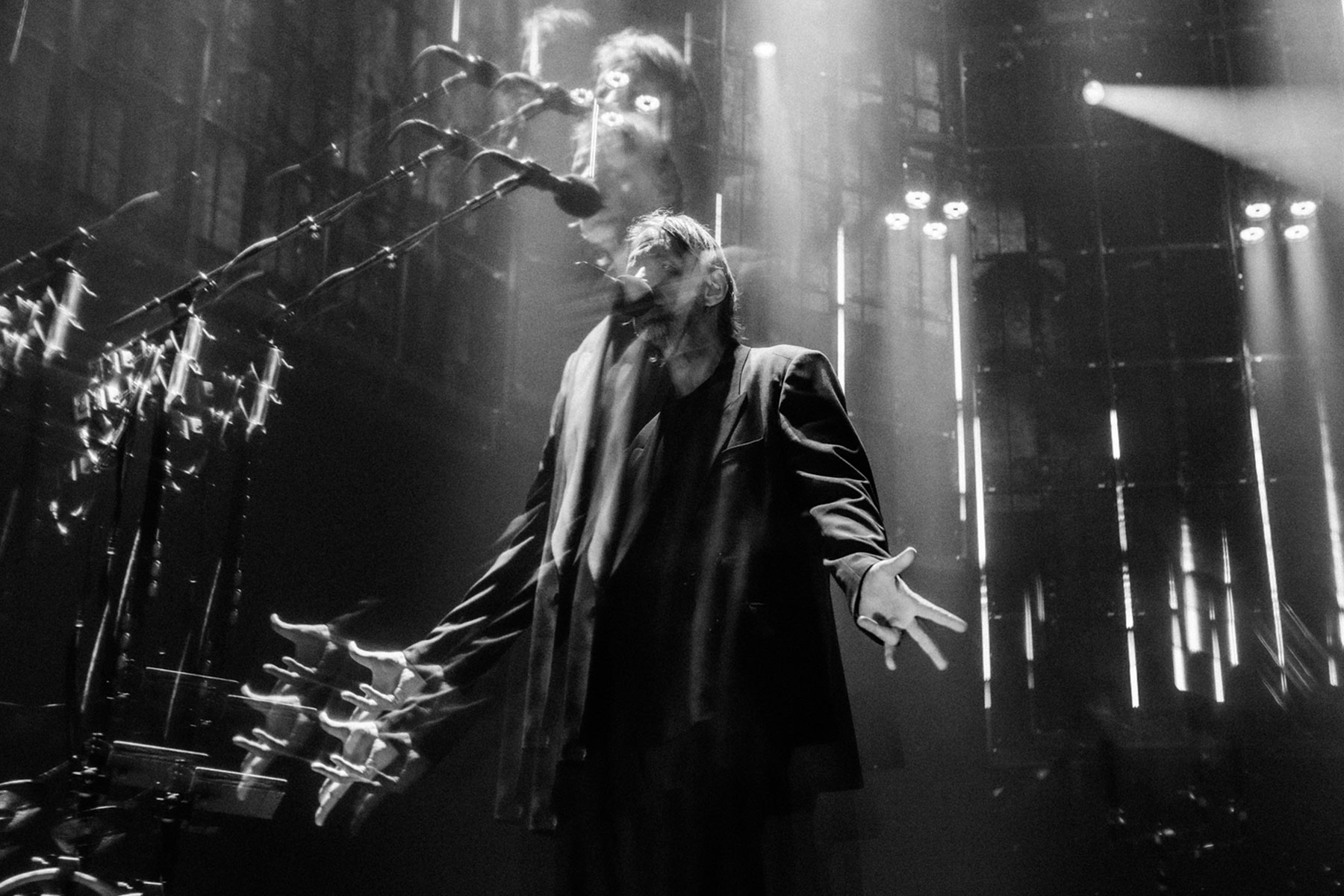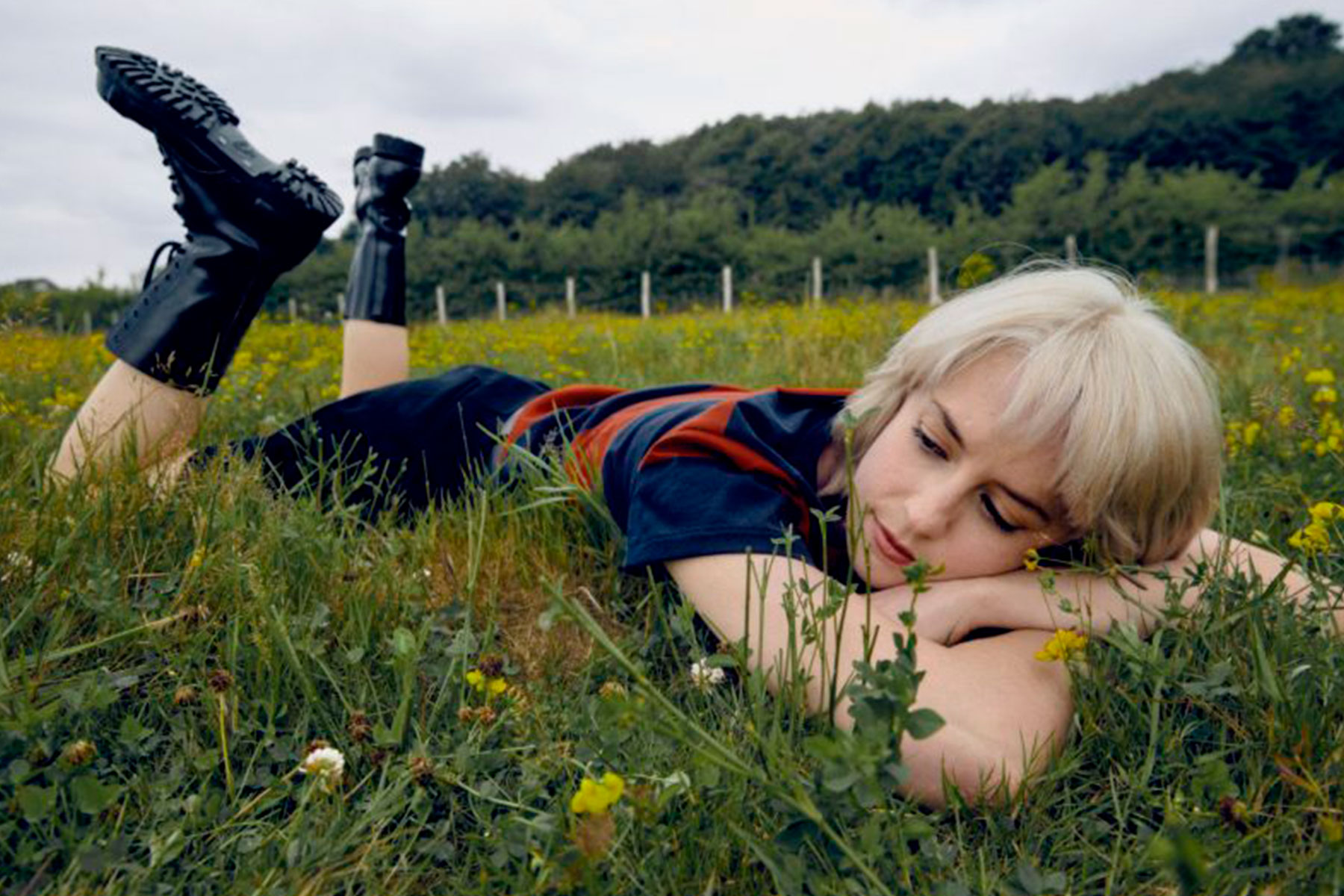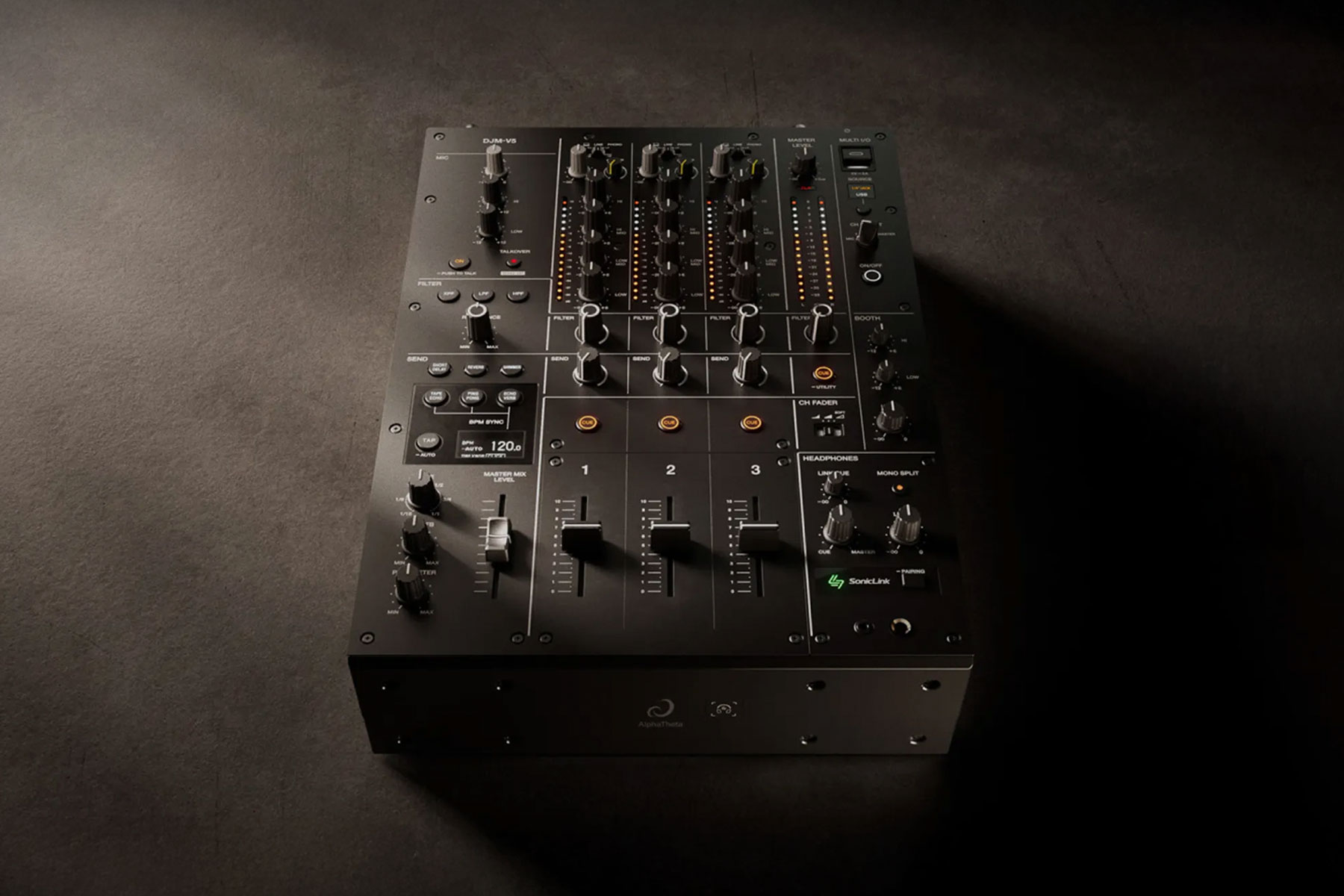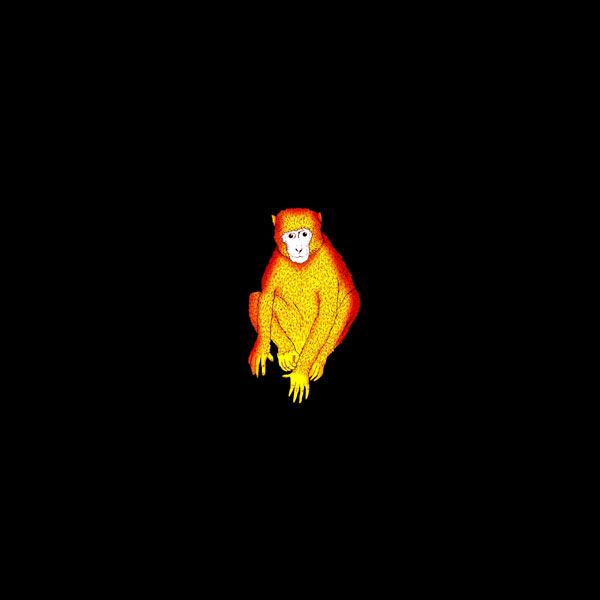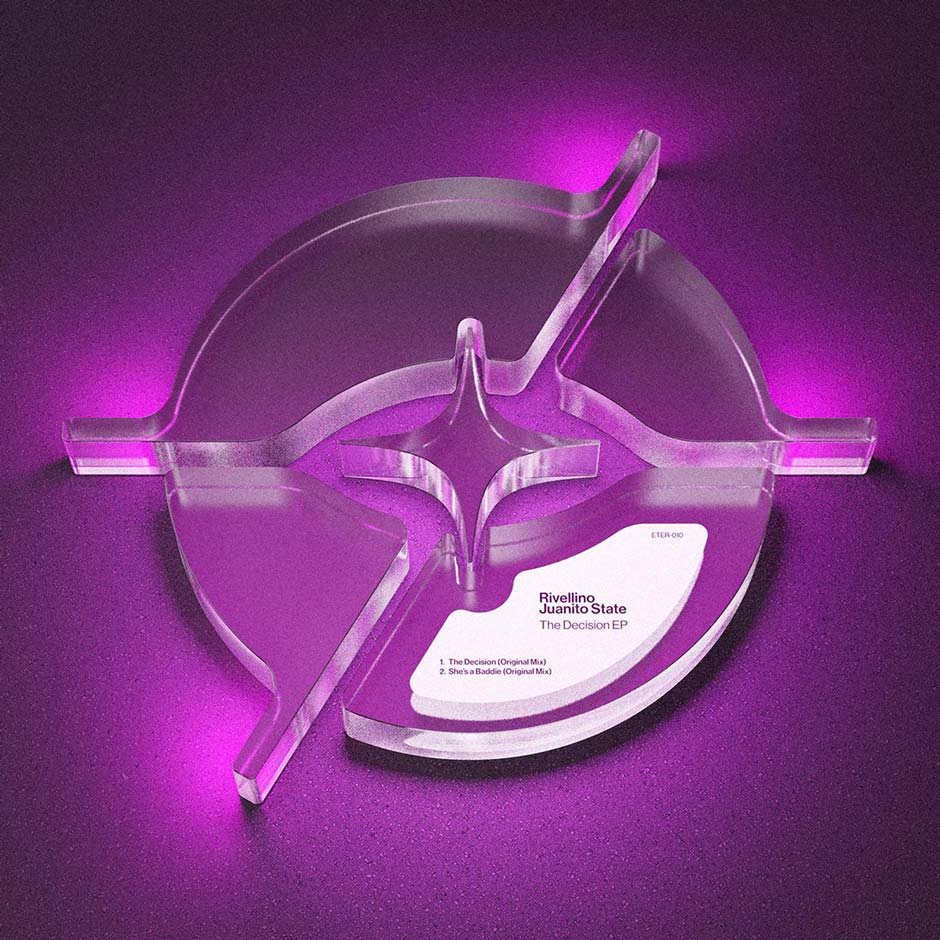Marathon DJ sets sit at the strange crossroads of endurance sport and club culture ritual. They turn the booth into a stage for both musical exploration and human stamina, blurring the line between performance and survival. Over the past two decades, DJs have stretched their craft from legendary 24-hour closings to near-mythic multi-day sagas, some officially ratified, others kept alive through eyewitness accounts and press clippings.
Photo credit: Guinness World Record
Italian techno icon Joseph Capriati set the tone in 2017 with a 25-hour session at Miami’s Heart nightclub, a well-documented marathon that quickly entered clubbing folklore. New York veteran Danny Tenaglia built his reputation on longform closings at venues like Vinyl and Arc, often stretching beyond 24 hours, with some sources inflating the number to 30. Festivals like Romania’s Sunwaves became synonymous with endurance: in 2015, tINI and Bill Patrick famously played back-to-back for 31 hours, and in 2018 Dubfire topped that with a 26-hour 30-minute solo session.
The first multi-day attempts emerged in the early 2000s. DJ Buddy Love is said to have managed roughly 80 hours for charity in 2003, though coverage remains thin. By 2009, Scottish DJ Alan D claimed 120 hours, while Austrian Rene Brunner pushed the bar to around 150 hours by 2010. In 2012, Australia briefly became the epicenter of marathon bragging rights, with DJ Hertz reportedly clocking 152 hours and Smokin’ Joe Mekhael claiming 168 hours, seven days, though Guinness recognition remained inconsistent.
The next breakthrough came in 2014, when Norbert Selmaj, performing as Norberto Loco, completed a 200-hour set at The Underground in Dublin’s Temple Bar, widely reported as the standing record. Just two years later, Nigerian DJ Obi smashed that mark with a staggering 240 hours, which means 10 days, run at Sao Café in Lagos. His attempt was closely followed by international media, with The Guardian, The FADER and the BBC documenting his strict adherence to Guinness rules, his exhaustion, and even hallucinations. Obi’s feat stood for years as the most widely accepted club-based record. Not all records came from the dancefloor. In June 2020, Belgian DJ Mark Ursa set a Guinness-recognized record for “longest marathon DJ concert live stream,” playing continuously for 51 hours, a distinct category from in-person club marathons but significant in its own right, especially in the streaming-driven pandemic era.
The most recent leap forward came in May 2024, when Italian DJ Faber Moreira performed for 244 hours and 2 minutes in Saluzzo, Italy. Verified and published by Guinness World Records, this 10-day-plus performance is now the longest documented marathon DJ set ever achieved in a physical venue, surpassing all previous milestones. These events highlight the strange mix of mythology, spectacle, and risk that surrounds marathon DJing. Verification is notoriously messy: Guinness requires strict video documentation, five-minute breaks per hour, and a minimum audience, but local and DIY attempts often follow looser standards. Press coverage also varies, with early efforts largely confined to local outlets while later ones drew global headlines. Above all, these marathons reveal the extremes of club culture, where DJs test not only the limits of music but the limits of their own minds and bodies.


